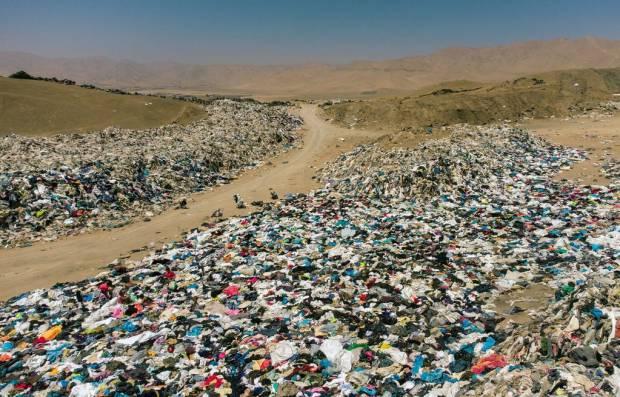Spain is immersed in the "official" sales period, which will last until the end of February or the beginning of March. We say official in quotes because for quite some time -since trade was liberalized- sales seem to be losing more and more meaning.
Between Black Friday and the discounts under different names that take place throughout the year, the official sales periods, which were originally in January, after Christmas, and in June, with the arrival of summer, each time they are less important for trade.
A decade ago, before the liberalization of trade, stores made close to 40% of their annual sales during the January and June sales, but now, that percentage would have fallen "quite a bit," the employers' association of the sector points out , Acotex, since it is now impossible to count it "because now the sales can be at any time of the year".
This means that these traditional periods have remained for the older generations, such as the 'boomers', who have lived through the great season of sales and are already in the habit of making purchases in these periods of time. The 'millennials' and, above all, the 'Z', hardly pay attention to them, because they know that they are going to find little interesting discount these days.
The new retail strategies
It is enough to take a look at some of the most famous mass fashion brands in Spain to see that the clothes that are on sale are not very appetizing, at least for generations younger.

In recent times, brands, aware that these sales are no longer so profitable, leave the garments that have been less successful during the season to try to sell them. We are talking about the simplest garments that least attract the attention of the consumer.
But, in addition, there is another case. Many of the garments that are now on sale have not even been on sale before, during the season. That is, the firms make clothes especially for sales, leaving the official collection at normal prices. What does this lead to? So that the consumer hardly pays attention to the discounted clothes and goes directly to the seasonal one.
In El Blog SalmónCompanies that are not raising prices are camouflaging inflation: less quantity or worse quality but at the same priceThus, there are few stores that already make sales of those of a lifetime. Those in the neighborhood or small stores that do need to get rid of stock and have a loyal clientele that has been waiting for those discounts. The big chains, less and less.
Although Eduardo Zamacola, president of Acotex, indicates that they continue to be a claim for the client, but that they should change their calendar. "It doesn't make sense to start the winter sales in January and the summer sales in June. They should be pushed back to March and September, because then you're going to have to sell the discounted seasonal clothes pretty much from the beginning," he explains. That is why the clothes they are taking on sale are so unattractive.
What consequences will this have for the sector?
The textile trade is going through a difficult time. In 2021, sales fell by 13.1% compared to 2020, a percentage that rises to 35.7% if compared to 2019, before the COVID crisis. The economic situation and Internet sales are not helping the trade to raise its head.
And although this season of sales will be better than last year -Filomena's arrival ruined the campaign with a historic drop in sales of more than 50%-, it will be difficult to get back on track in 2022 with high inflation that Spain has, which also already has its reflection in retail prices.
Zamacola admits that the sector is "low minimum" and that what is affecting it the most are the social restrictions, "that there are no events, that people cannot get together, because that way they don't want to buy clothes." In addition, he warns that right now everything is a mirage.
"A very big reality is going to come, because now we are anesthetized, but soon we will have to face the increase in production costs derived from inflation, return the ICO credits and the ERTE will end, and they will not go away to be able to reinstate all the workers in their entirety", warns the president of the employers' association. In addition, he reminds the Government that they are still waiting for aid that has not arrived.
For this reason, he does not want to venture into making predictions, "because then there are external factors that we cannot control", but he estimates that this year growth should be at double digits after two years to forget. In any case, he considers that with this policy of permanent discounts it will not be possible, "because it is not sustainable for 95% of the sector, which works on the margin; it is only sustainable for the remaining 5%, the big brands, which work to volume".


